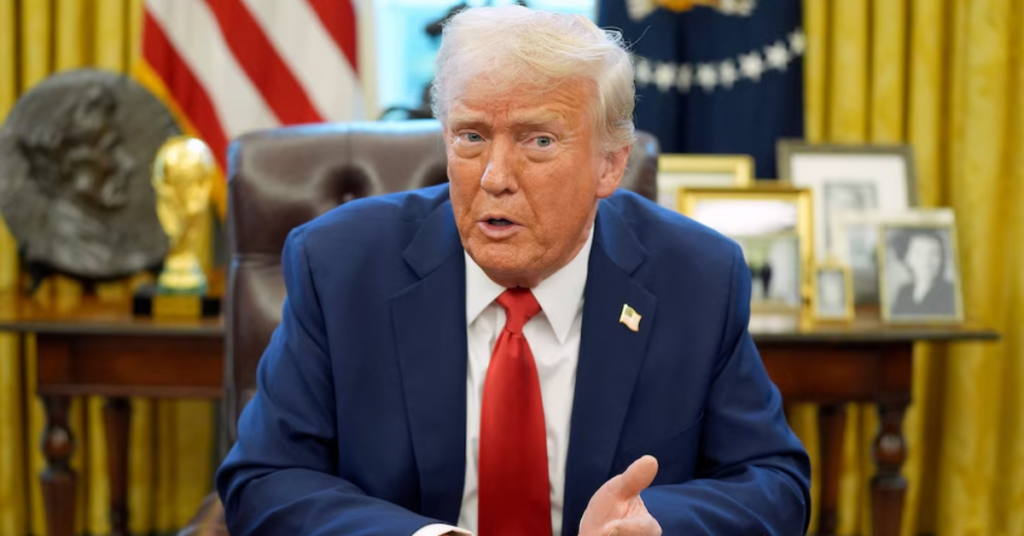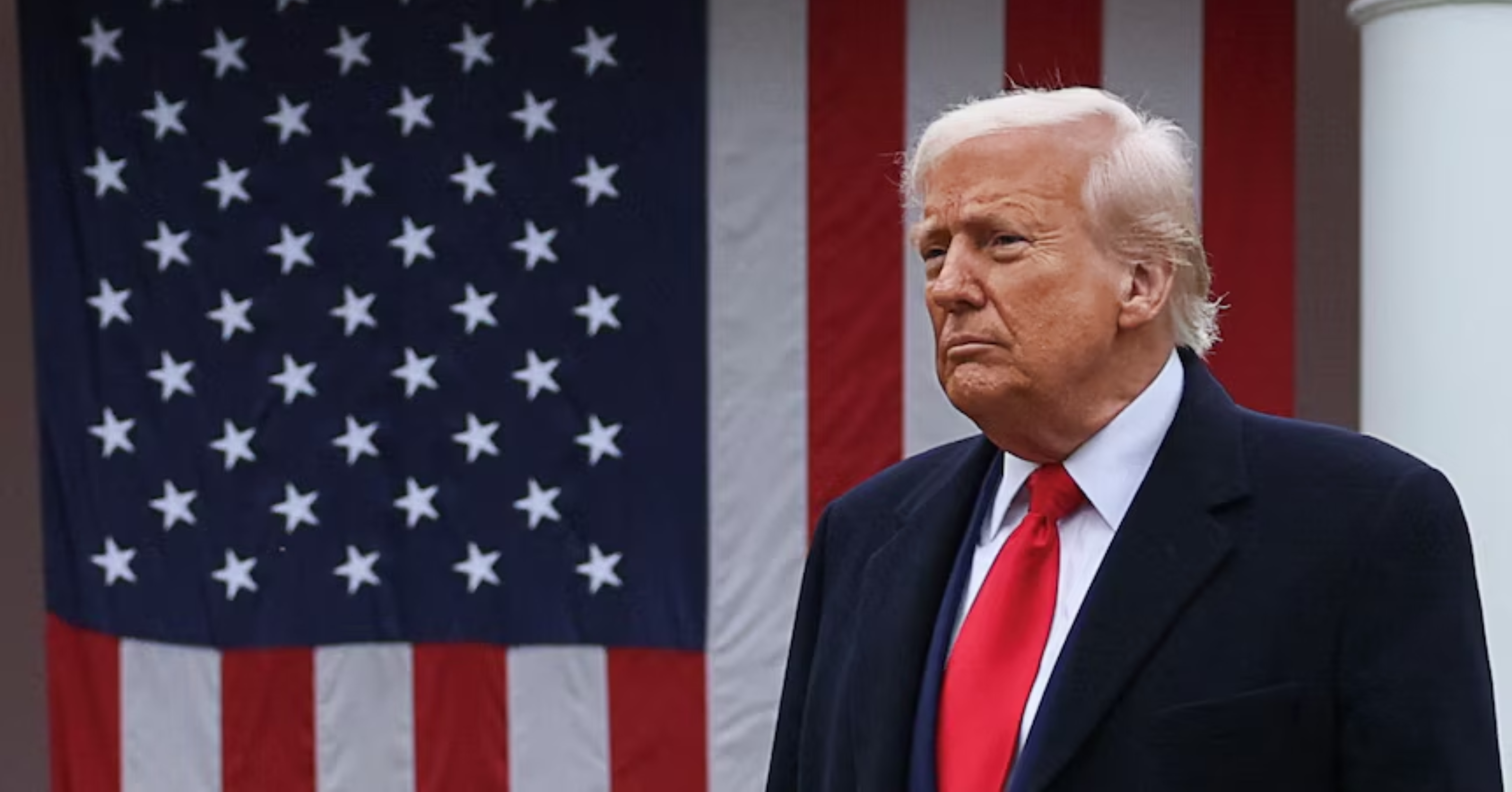Former U.S. Treasury Secretary Janet Yellen has raised serious concerns about former President Donald Trump’s tariffs, warning that they could have long-term negative effects on the American economy. Yellen, who also served as the Federal Reserve Chair under President Obama and briefly under Trump, said that recent signs in the financial markets suggest a lack of confidence in U.S. economic leadership.
She spoke in multiple interviews last week, including on Bloomberg Television, CNBC, and CNN, and shared her deep worries about how these trade policies are damaging households, businesses, and global investor trust.
Yellen Says Trump’s Tariffs Are Creating Confusion and Instability
Yellen criticised the Trump administration’s implementation of tariffs on countries like Vietnam and China. She said she doesn’t understand what the administration wants from these countries.
For example, she mentioned that the U.S. had earlier encouraged Vietnam to start producing goods that America had been importing from China. This was meant to reduce dependence on China and improve national security by diversifying supply chains. But now, Vietnam is being hit with tariffs too.
“These tariffs were supposed to be fair and reciprocal,” Yellen said. “But instead, they’re being based on trade deficits, which don’t make much sense in today’s global economy.”
She added that the high tariff levels have made trade between countries more difficult and expensive. If both the U.S. and China lowered their tariffs, she believes trade relations could improve. But right now, if the tariffs remain, American families will end up paying more for everyday products, which could slow down the country’s overall economic recovery.
Financial Markets Show Warning Signs
Yellen also pointed out that recent events in the financial markets are unusual and concerning. In her interview with CNBC’s “Squawk Box,” she said there is a strange trend happening: U.S. Treasury yields (which usually attract investors) are rising, but instead of bringing in more foreign investment, the U.S. dollar is falling.

“Normally, when investors feel uncertain, they move their money into safe assets like U.S. Treasurys,” she explained. “But now we’re seeing something different. Yields are going up, yet the dollar is going down. That’s a sign that people are beginning to lose faith in the U.S. economy and its policies.”
This is important because U.S. Treasurys are considered some of the safest investments in the world. If global investors start avoiding them, it could be a big red flag for the entire financial system.
The Fed Is Watching Closely, But Not Ready to Step In
Yellen believes the Federal Reserve doesn’t need to act just yet, but the situation is being watched closely. If things get worse, she said, the Fed could bring back emergency measures like the ones used at the start of the COVID-19 pandemic.
“If there are real risks to financial stability, the Fed might use its emergency tools to provide liquidity and stabilize the markets,” she said. “But we’re not there yet.”
Still, Yellen warned that the uncertainty caused by the Trump administration’s trade policies is already having a negative impact. Businesses and families don’t know what to expect next, which makes it difficult for them to make financial plans or invest in the future.
Yellen Calls Tariffs “Worst Self-Inflicted Wound” in U.S. Economic Policy
In a strong statement during her interview with CNN, Yellen described the tariffs as “the worst self-inflicted policy wound” she has seen in her entire career. She explained that the confusion around the structure and timing of the tariffs is making things worse, especially for businesses trying to plan for the future.
“These policies are doing immense damage,” she said. “They’re hurting consumers, damaging business confidence, and weakening our role in the global economy.”
She also said that the U.S. economy is still strong overall, but if these kinds of trade policies continue, it may be harder to maintain that strength. The longer the uncertainty lasts, the more hesitant investors and businesses will become.
What Does This Mean for the Average American?
At the end of the day, what Yellen is warning about affects ordinary people. If tariffs stay high, imported goods will become more expensive. Everyday items like electronics, clothing, food, and vehicles could cost more. That puts extra pressure on families already dealing with inflation and rising interest rates.
Businesses might also hold back on hiring or investing because they’re unsure what new trade rules might appear tomorrow. This slows down job growth and economic progress.
Yellen’s message is clear: if America wants to stay strong, competitive, and stable in the global economy, it must fix its trade policy and restore confidence in its financial leadership.
Disclaimer: This article has been meticulously fact-checked by our team to ensure accuracy and uphold transparency. We strive to deliver trustworthy and dependable content to our readers.








